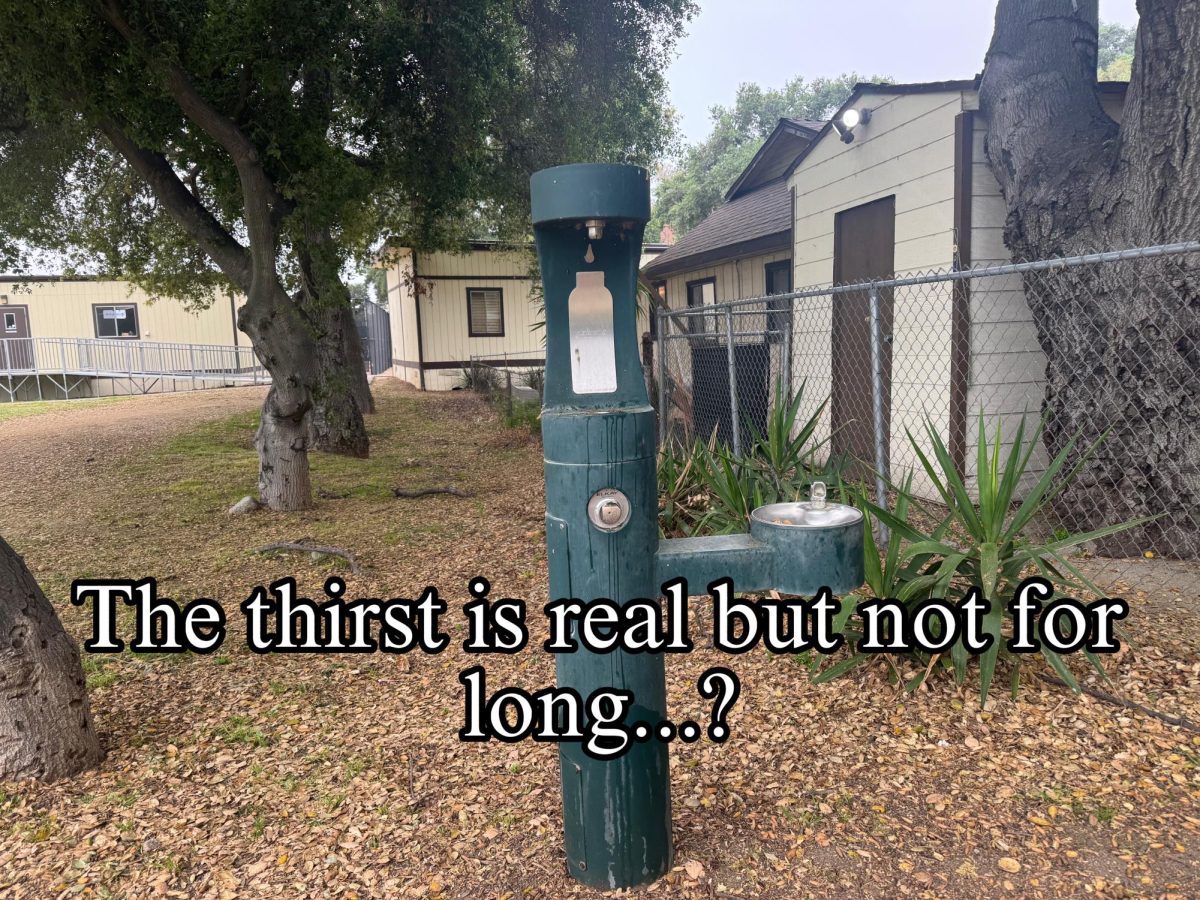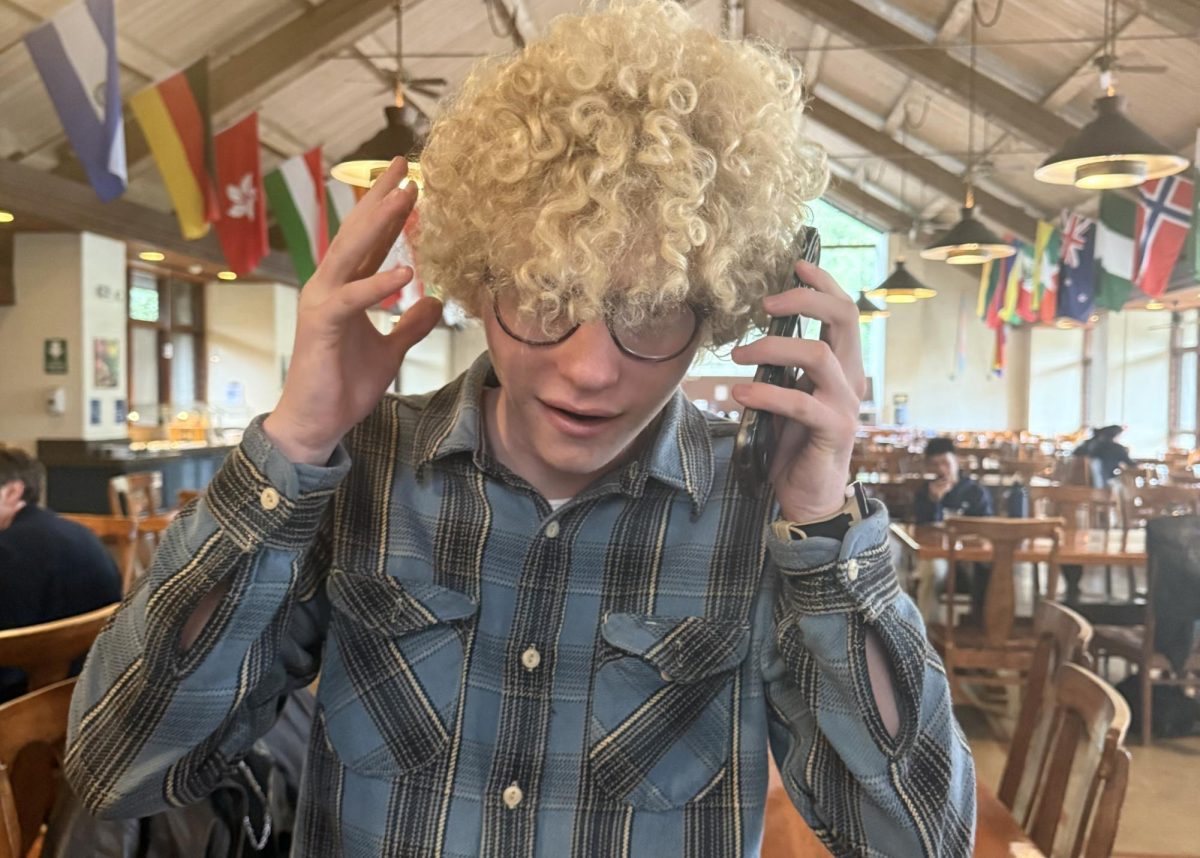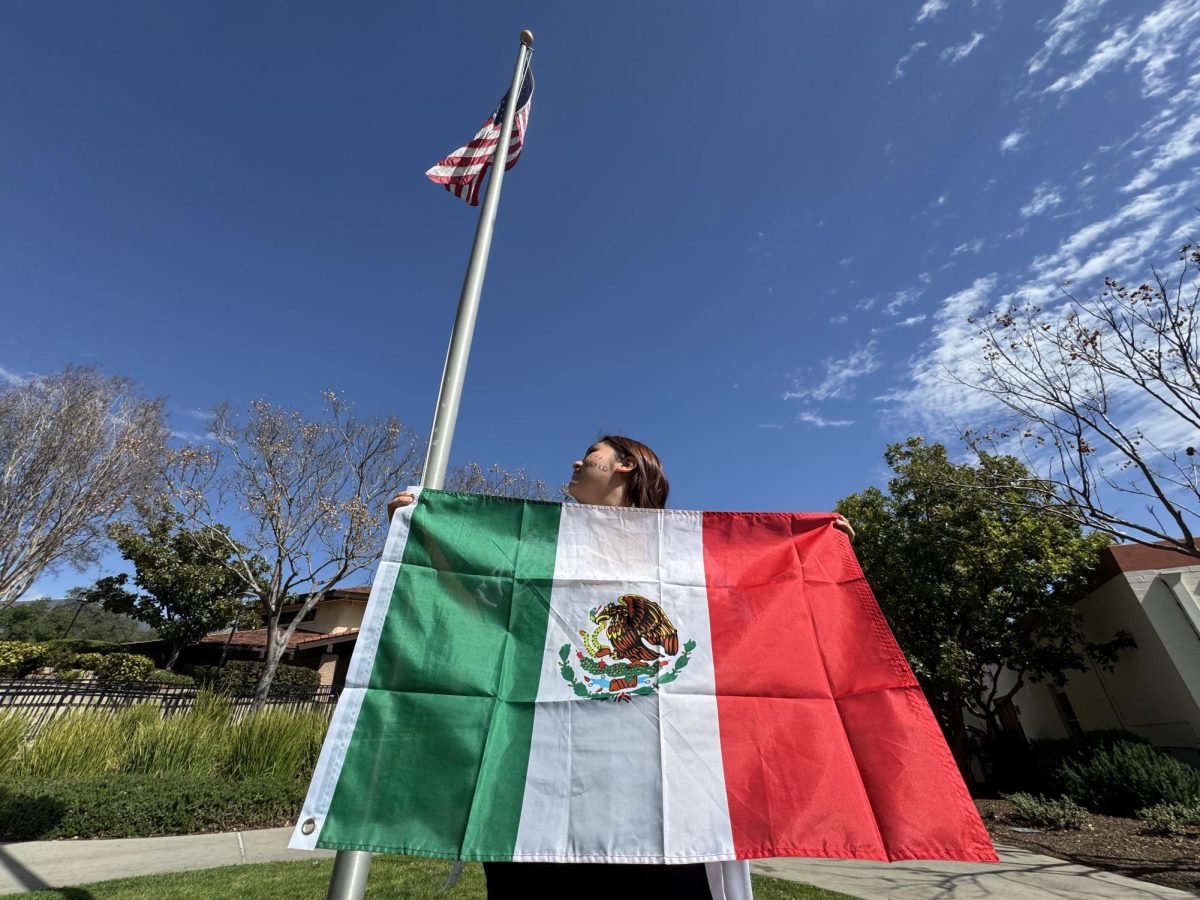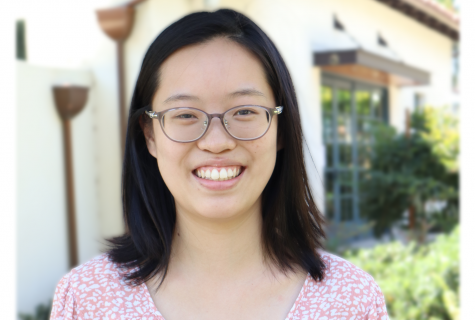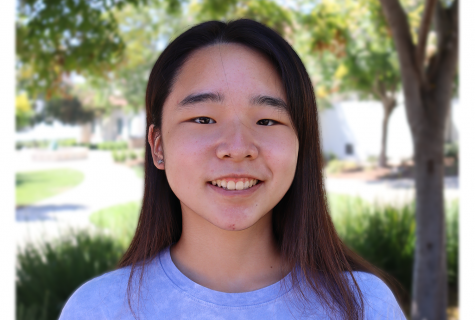“You have bad teeth and have no masculinity p*ssy boi,” tweeted someone who was outraged by Sunday’s chapel speaker Dylan Marron. Through sharing his personal experience with hate comments and the social media’s power of creating misunderstandings, Mr. Marron’s Sunday Chapel talk explored how to foster respectful online discussions and avoid hateful conversations.
On the evening of Sunday, October 11th, Marron opened conversations about the art of respectful discussions between people with conflicting opinions through an engaging presentation in a school-wide webinar. His award-winning podcast, ‘Conversations with People that Hate Me,’ provides interesting examples of how peaceful conversations can help create mutual understanding for polarized sides of contentious issues.
“I feel like [Dylan Marron] made the Webinar format work really well,” said Fiona Jiang (‘22). “Despite not being able to see our responses and faces, he gave a really good talk. He was funny and engaging but also touched on deep and thoughtful topics.”
Dylan Marron referenced a podcast episode where he invited Emma Sulkowitz, a rape survivor and activist, and Benjamin, who had posted a comment to Emma, stating, “you are a liar.” Their conversation helped Benjamin to understand Emma’s perspective.
Initially, Benjamin believed that she was a liar because of the lack of proof.
However, as Mr. Marron moderated conversations that allow the guests to be vulnerable and honest, Benjamin was able to rethink his position by the end of the podcast. “I apologize. (..) I know it might sound ignorant to say, but it made me think about it in ways I didn’t even know to think about it.”
Unlike usual Sunday Chapel talks, where boarding students sit in the Vivian Webb Chapel in school uniforms along with faculty members, Mr. Marron gave his talk in a Webinar format on Zoom. Despite the changes, the talk continued old traditions of Sunday Chapel, such as musical performance from Webb students. Not only did it connect the community, it also sparked important conversations about equity, diversity, and empathy, which students and faculty value tremendously.
“Before COVID, when we were all back on campus, students walked up to chapel accompanied by the chapel bell rings,” said Nina Luo (‘22), member of the Chapel Council and opening speaker for this Sunday Chapel. “Although we don’t have a bell for our Zoom Sunday chapels, we still have the tradition of student music performances before the speaker presentation. And like before, one or two chapel council members usually volunteer to introduce the speaker. Overall, I think that although the format has changed, the content and the significance of Sunday chapel has remained consistent.”
Mr. Marron’s talk aligns with Webb’s dedication to fighting racism and inequality. The themes of the talk are extensions of the Webb community read that fosters an inclusive and antiracist school environment as well as Rosetta Lee’s lectures on courageous and open conversations.
“Mr. Dylan Marron’s talk was interesting: it’s interactive that most of our students resonate with his topic of internet hate speech,” said Roy Zhang (‘22), member of the Chapel Council. “We received questions regarding various topics, including opposing political views, psychology, gender self-identification, et cetera. The responsibility of the chapel council was to bring this resource to our community and spark critical thinking among us.”
Thanks to the great resources at Webb, students are not only learning to excel in the academics and athletics, but are also taking responsibilities as proactive citizens, constantly challenging themselves to empathize with others and understand differences.
“I really think that it is so good that Webb is having a conversation about these things,” Eleanor Hong (‘24) said. “Mr. Marron’s advice was very helpful and reminded me that everyone is human, and we all get hurt.”
After the speech, Dylan Marron left the floor open for student questions in the chat box. Many students, including Katie Arzate (‘23) and Eleanor, proposed new and fresh insights on the discussion. For example, Eleanor asked about what to do when religious beliefs contradict a person’s right to exist and be human.
“We all have our own experiences and ideologies, and when people talk directly to others, it makes most realize that online is not just a screen,” Eleanor said. “It’s a living, evolving network of people, who all feel and live and experience life in different ways. So be open minded, and don’t forget that we are all human.”
After the Sunday Chapel, many students gathered at a different Zoom meeting to further the conversations with Mr. Marron.
With the exacerbating political polarization and growing distrust of social media platforms, Mr. Marron’s talk offered hope and space for changes. Using personal successes as examples, Mr. Marron shared that in the current digital age, while social media might not be the best outlet for civic discourse, the double-sided sword can also become a great space for actively engaging with people of different backgrounds and bridging ideological differences if used mindfully.




